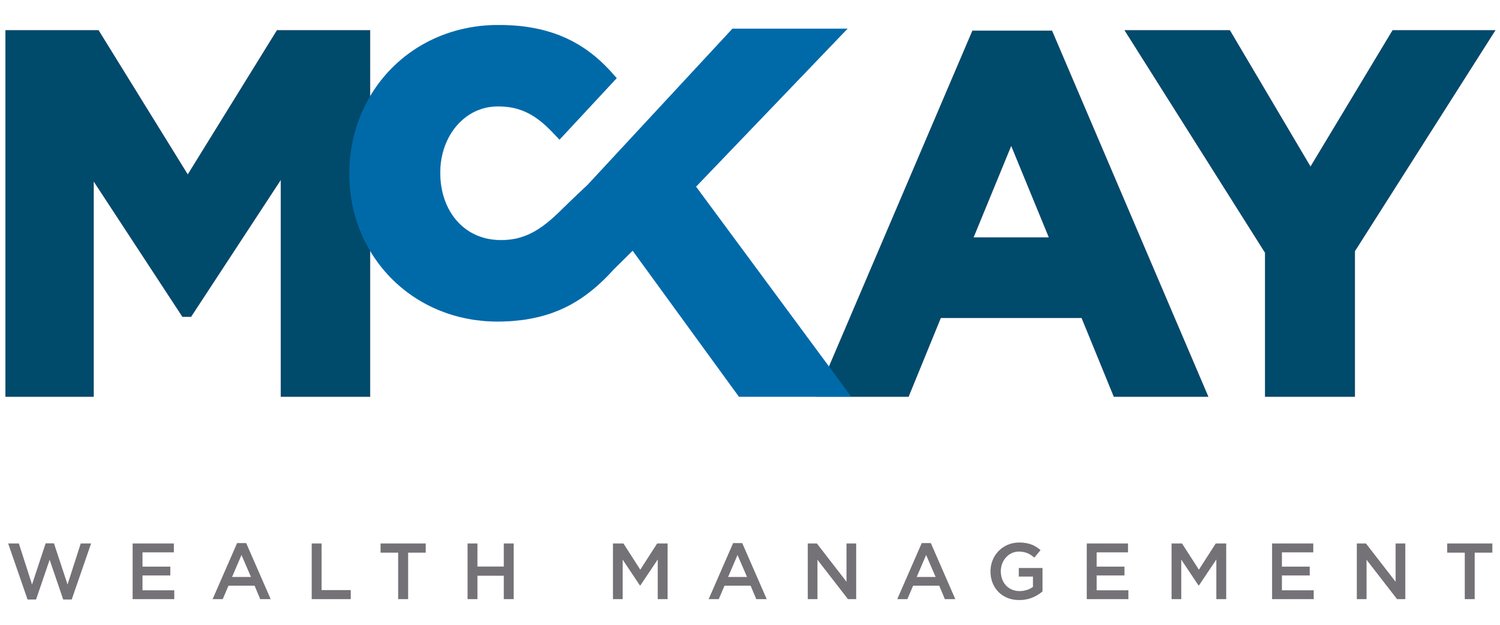What To Do With Your Old 401(k)
Switching employers can be an exciting time…but one also fraught with uncertainty. One item of uncertainty may be what to do with your old 401(k). Ensuring you get the most out of your 401(k) for your unique situation may look different for different clients but here are the four options available to you:
Option 1: Leave Your Old 401(k) Where It Is
Many employers will allow former employees to keep their 401(k) accounts as-is after leaving. While this may keep things simple, doing so repeatedly can create confusion to where various accounts are or create a breadcrumb trail of smaller accounts that you eventually decide to consolidate. You will also want to be aware of any minimums if you have a smaller account – some employers may offer to roll your balance to an IRA or even process a lump sum on your behalf.
Option 2: Rollover Your Old 401(k) to Your New 401(k)
If your new employer offers a 401(k) plan, you may have the option to transfer your existing 401(k) balance into the new plan, allowing you to consolidate multiple retirement accounts into one as you continue contributing and building your balance. If your new employer allows for rollovers of old 401(k)s, be sure to consider and compare the pros and cons of both plans to ensure the ease and simplicity of a consolidate 401(k) is worthwhile (for example, does your old 401(k) offer a greater variety of investment options or lower costs than your current and if so, is it worthwhile to you to still choose to consolidate?)
Option 3: Roll Over Your Old 401(k) to an Individual Retirement Account (IRA)
Transferring your 401(k) funds into an IRA provides you with greater control and flexibility over your investment choices. IRAs often offer a much broader range of investment options, including stocks, bonds, mutual funds, and exchange-traded funds (ETFs). The downside here is that costs may be higher than just leaving it with your old 401(k) or rolling into a new 401(k).
Option 4: Cash Out Your 401(k)
Lastly, taking a lump sum distribution of your 401(k) may be an option. Depending on the type of 401(k) and your age, you may face a variety of tax considerations to be aware of in order to avoid any unpleasant surprises when you go to file taxes the following year. Traditional, or pre-tax, 401(k) distributions will be taxed at ordinary income rates whereas any distributions under your age 59.5 may be hit with an additional 10% excise tax penalty. Sometimes however, life dictates taking an option other than the most tax efficient – the point is to be aware of the tax considerations and speak with your financial advisor and tax professional.
Conclusion
As you transition out from your old employer and into the next working chapter of your life, it’s important to be aware and knowledgeable of your options and the consequences thereof. If you’re unsure of where to start, give us a call at 206-973-4488.
Before deciding whether to retain assets in a 401(k) or roll over to an IRA, an investor should consider various factors including, but not limited to, investment options, fees and expenses, services, withdrawal penalties, protection from creditors and legal judgments, required minimum distributions and possession of employer stock. Please view the Investor Alerts section of the FINRA website for additional information.
